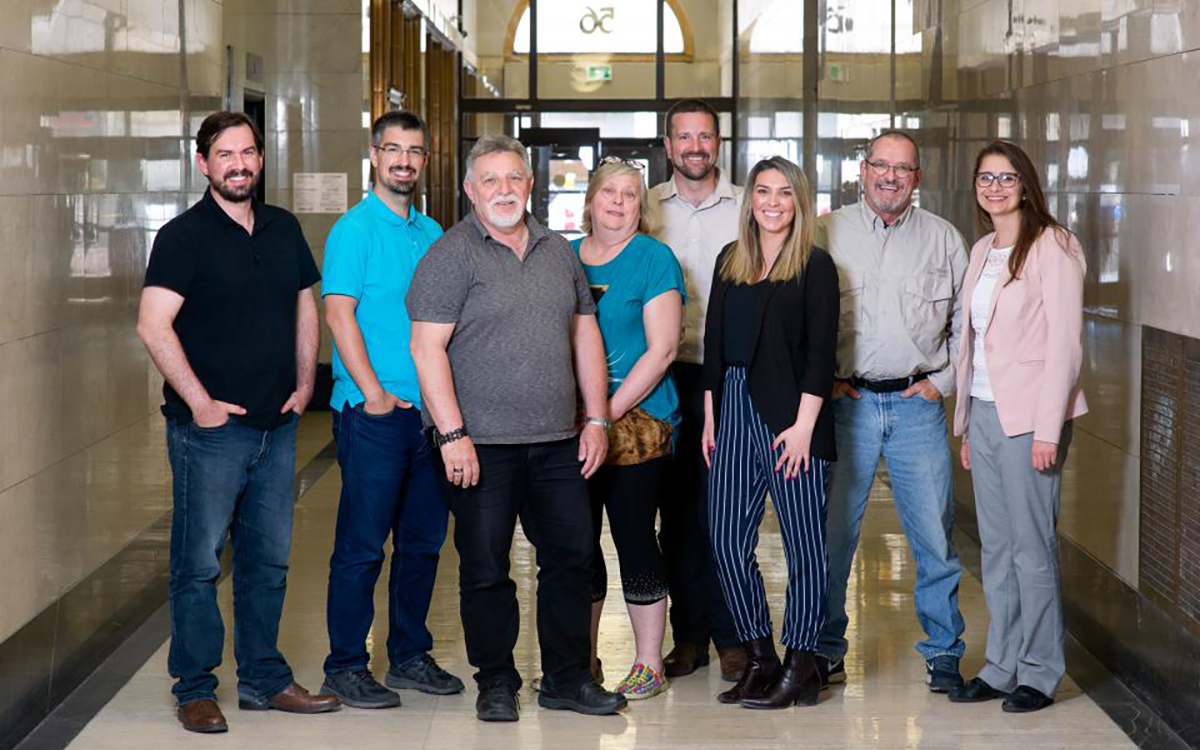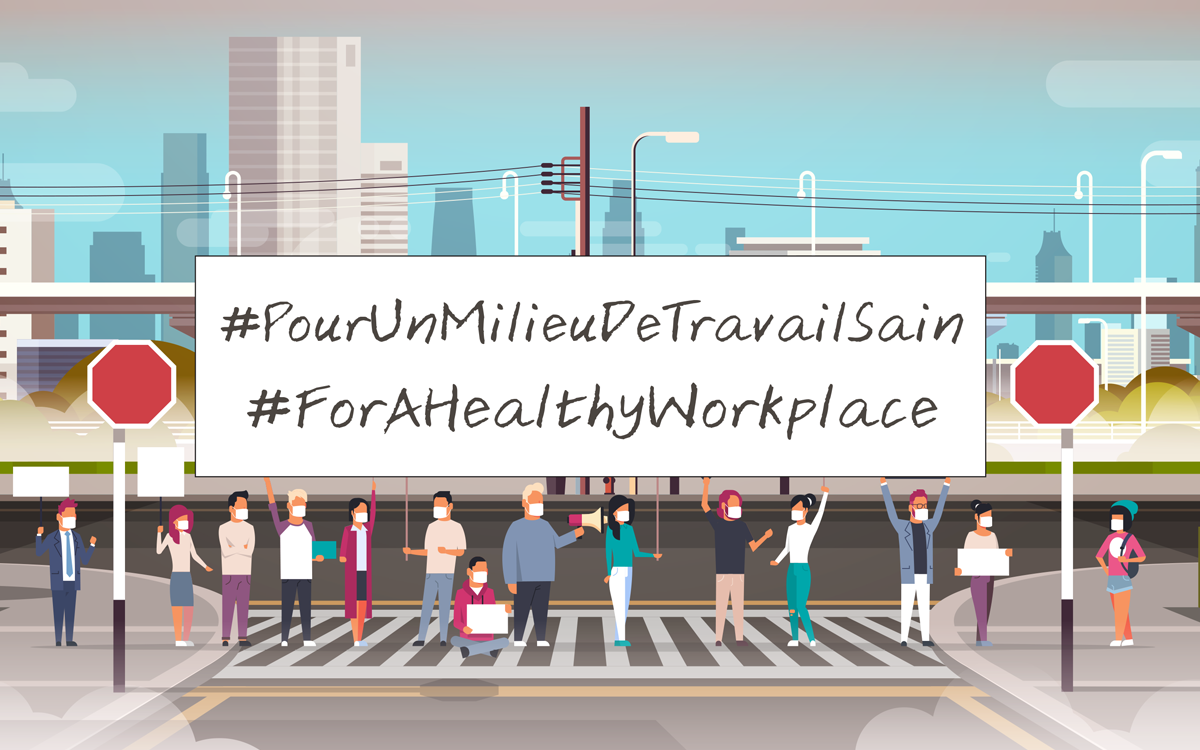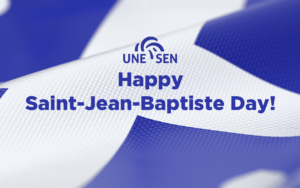
Parks members have been bargaining since January, and each time they have been met with a reluctant, unprepared employer who continues to demonstrate they have been given no mandate on key issues. This leaves PSAC with no choice but to declare impasse.
Frustrations mount at the table
This week, PSAC’s Parks bargaining team tabled our final proposals that included the following:
- A competitive economic increase for all Parks members to create parity with the core public service, which includes market adjustments to close wage gaps.
- Measures to achieve pay parity for Park Wardens and Park Warden Supervisors in relation to other law enforcement. Park Wardens are highly-trained law enforcement officers who perform similar duties to that of federally-paid law enforcement, and yet, in some cases, Park Wardens’ salaries lag up to 27% below their counterparts.
- Fair and transparent workforce adjustment measures to increase job security and provide a simple, clear process for downsizing based on seniority. A “last in, first out” system lessens the mental and physical impact of fear and confusion in the workplace.
- An Indigenous language allowance, which is both a symbol of respect and reconciliation to the Indigenous community, and a matter of fairly compensating members who are providing this service to the public.
- The addition of a term employment article, creating a condition of a three-year rollover and other measures which would lessen the precarity that these members experience.
Read PSAC’s proposals on Park Wardens, Childcare, Pay Administration, Mental Health, Workforce Adjustment and Pay Increases
An unprepared and unwilling employer
Unlike our bargaining team, the employer came to the table unprepared to discuss these important issues and unwilling to address past proposals (with the exception of domestic violence leave). The employer failed to discuss parity with the core public administration, declined to respond to our proposals on child care or mental health, and refused to make an offer or respond to any language on Phoenix pay protections and reimbursements, an issue of critical importance to thousands of affected Parks members.
In addition to this, over the last few months the employer has also tabled a number of concessions, such as:
- seeking clawbacks on provisions to pro-rate family-related responsibility leave for seasonal workers;
- requesting call back and reporting pay provisions to only apply once in an 8-hour period;
- demanding limited access to overtime for any employee working the backcountry by subjecting them to workweek averaging measures;
- failing to see the importance in providing workers with complete and current job descriptions; and
- being unwilling to continue to provide members with a printed copy of the collective agreement.
Declaring impasse
After nearly 4 years of Phoenix pay issues, Parks Canada members deserve to be treated fairly and with respect. They do not deserve to be subjected to stalling tactics at the bargaining table with an employer who is uninclined to bargain meaningfully. Parks Canada members will be joining 90,000 Treasuring Board members in declaring impasse in negotiations and moving towards a strike position.
Take action!
July 20th is Parks Day, a day when we celebrate Canada’s beautiful parks and historic destinations, and the people who maintain them. This government claims to champion our environment, national parks, and historic sites, but they have shown continued unwillingness to respect the people charged with protecting it.
Remind the Minister of Environment, Catherine McKenna, and the Parks Canada Agency, that if they truly want to protect and preserve Canada’s mountains, forests, lakes and other beautiful habitats for future generations, they need to start with valuing the 4000+ public service workers who maintain them.









